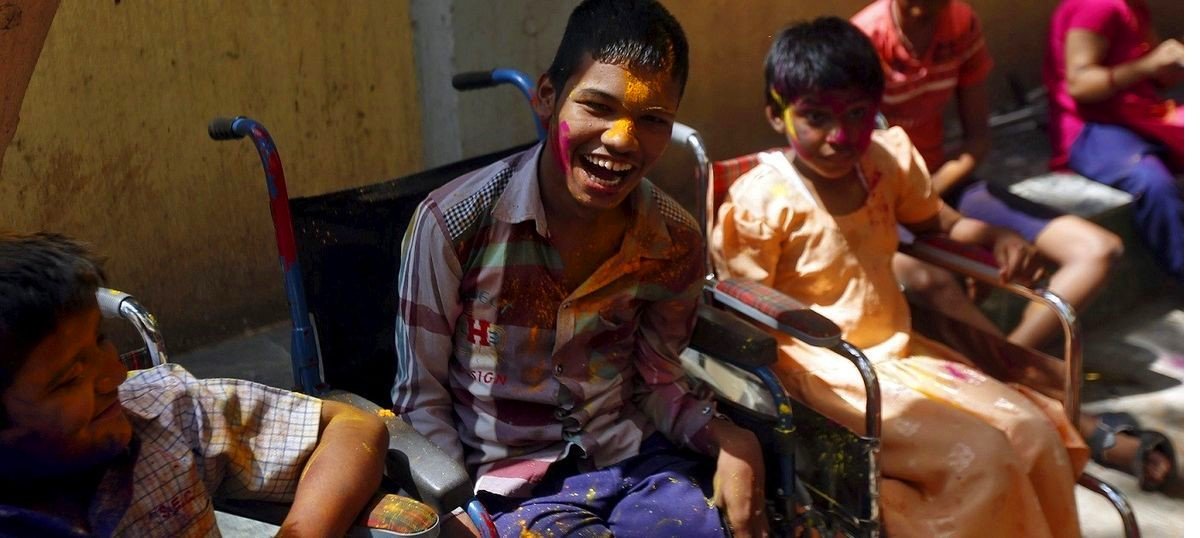Voting Rights and Election Law

In the intricate tapestry of democracy, the threads of voting rights and election laws form the foundation upon which the entire system stands. From historical struggles to contemporary challenges, the evolution of these aspects reflects the constant pursuit of fairness, transparency, and inclusivity in the democratic process.
Historical Perspective
To understand the present, we must delve into the past. The journey of voting rights spans centuries, marked by milestones such as the Suffragette Movement and the Civil Rights Act. Concurrently, election laws have evolved to adapt to societal changes, ensuring the sanctity of the democratic process.
Current Landscape of Voting Rights
In the present day, voting rights are both a beacon of empowerment and a battleground for equality. However, challenges persist, with debates on voter ID laws, gerrymandering, and the accessibility of polling stations shaping the narrative.
Election Laws Across Countries
A comparative analysis reveals the diverse approaches countries take to regulate elections. While certain principles remain universal, the nuances of election laws contribute to the global mosaic of democratic practices.
Impact of Technological Advances
Technological advancements have ushered in a new era for elections, with digital voting systems promising efficiency and accessibility. Yet, questions regarding cybersecurity and the digital divide pose significant challenges to the integration of technology into the electoral process.
Controversies in Recent Elections
Recent elections worldwide have witnessed controversies that highlight the delicate balance election laws must maintain. From allegations of fraud to disputes over mail-in ballots, these instances underscore the need for robust legal frameworks.
Read More: Sexual Harassment Laws in the Workplace
Voter Suppression
Voter suppression, a term laden with implications, continues to plague democracies. Understanding its mechanisms and addressing systemic issues are essential steps toward fostering a truly inclusive democratic experience.
The Role of Advocacy Groups
Advocacy groups play a pivotal role in safeguarding voting rights. Their tireless efforts, from legal battles to public awareness campaigns, contribute to the ongoing dialogue on election laws.
Legislation and Amendments
The legislative landscape is ever-changing, with recent amendments reflecting the dynamic nature of democracy. Examining these changes provides insights into the direction of voting rights and election laws.
Public Awareness and Education
Empowering citizens with knowledge about their voting rights is crucial. Initiatives that focus on public awareness and education contribute to a more informed electorate.
Global Perspectives on Election Integrity
International collaboration on election integrity fosters a shared commitment to democratic principles. Learning from the experiences of other nations strengthens the collective effort to uphold the integrity of elections.
The Future of Voting Rights
As we gaze into the future, questions about the role of emerging technologies, societal shifts, and legislative developments come to the forefront. The trajectory of voting rights and election laws will shape the democratic landscape for generations to come.
Case Studies
Examining specific cases provides valuable insights into the practical implications of election laws. From landmark legal battles to instances of successful democratic processes, case studies offer a nuanced understanding of the subject.
Public Opinion on Election Laws
The opinions of the public are a crucial aspect of the democratic process. Understanding how individuals perceive election laws sheds light on the effectiveness of current regulations and highlights areas for improvement.
Read More: Laws Governing Non-Profit Organizations
Conclusion
In conclusion, the tapestry of voting rights and election laws is woven with threads of struggle, progress, and adaptability. The ongoing discourse and developments in this realm underscore the enduring importance of these pillars in sustaining democracy.
FAQs
Why are voting rights crucial for a functioning democracy?
Voting rights empower citizens to actively participate in shaping their government, ensuring a representative and inclusive democracy.
How do election laws vary between countries?
Election laws differ based on historical, cultural, and legal contexts, leading to a diverse range of regulatory frameworks globally.
What role do advocacy groups play in protecting voting rights?
Advocacy groups serve as watchdogs, challenging unjust laws and promoting awareness to protect and expand voting rights.
How can technology enhance the electoral process without compromising security?
Striking a balance between accessibility and security is essential, with technological solutions designed to enhance efficiency while addressing cybersecurity concerns.
What can individuals do to contribute to the preservation of voting rights?
Individuals can contribute by staying informed, participating in civic activities, and supporting organizations dedicated to protecting voting rights.











